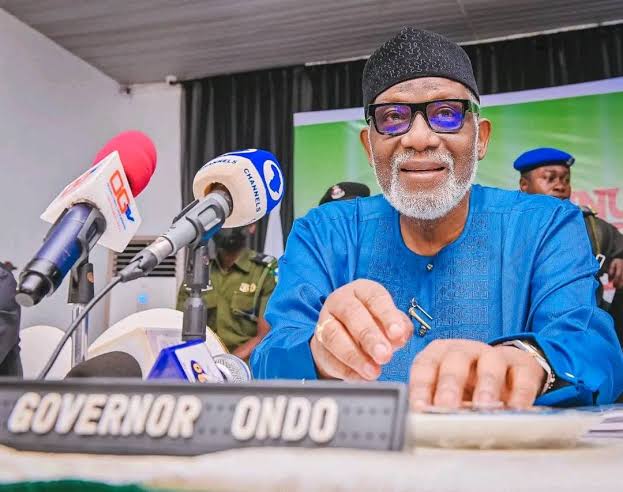The Chairperson of the Independent National Electoral Commission (INEC), Mahmood Yakubu, has announced that the polling unit results from the governorship elections in Bayelsa, Imo, and Kogi states will be accessible through its Result Viewing Portal (IReV).
Mr. Yakubu made this statement during a press conference held at Ward 009, LEA School, Ganaja Village, Ajaokuta LGA, Kogi, where he was present to oversee the mock accreditation exercise in preparation for the upcoming governorship elections scheduled for November 11 in these three states.

While emphasizing that the uploading of results is mandated by legal provisions, he did not specify the exact timing for the availability of polling unit results on the IReV.
By not making such commitment, Mr Yakubu could have taken his cue from the last presidential election when the failure to promptly upload polling unit results to IReV as earlier promised by the commission triggered tremendous criticism from opposition candidates and caused a major blow to the credibility of the poll.
Mr Yakubu said on Saturday that the commission would follow the laws for accreditation and results collation during the forthcoming elections, and projected that the results of the mock election would appear on IReV within two hours.
“The method is as provided by law – electronic accreditation, electronic upload of results on the IREV portal – and that is why we are doing this mock.
“So, please disregard whatever was reported about what the Resident Electoral Commissioner (REC) was said to have said in Bayelsa.
“That’s going to be the procedure and it’s for that reason that I will advise you also, for those who are registered on the IREV portal, that in the next two hours or so, go to the IREV portal and you will see the result of the mock accreditation from all the three states.
“We are uploading, as we have done in previous elections,” Mr Yakubu said.
IReV is an online platform where photographic pictures of polling unit results are meant to be uploaded using the Bimodal Voter Accreditation System (BVAS) machines as soon as voting and collation end at the various voting units.
INEC had promised ahead of the last general elections that the results would be uploaded to IReV promptly.
But it failed to fulfill the promise with results ending up taking days to weeks to be uploaded to IReV for the public to access. The commission blamed the delay on an unforeseen system gitch.
But the failure became a touchy rallying point for opposition presidential candidates who lost the February 2023 vote. Alleging widespread fraud during the election, they maintained that the poll was invalidated by INEC’s failure to promptly upload the polling unit results to IReV as prescribed in the guidelines for the election.
The Presidential Election Petition Court, in September, dismissed the opposition candidates’ arguments about the IReV, a major thrust of their petitions, and affirmed the victory of President Bola Tinubu. The court insisted that IReV had no place in the legal process of counting and collation of results.
Displeased, the opposition candidates have raised the issue in their appeals at the Supreme Court where they are challenging the verdict of the presidential election court.







